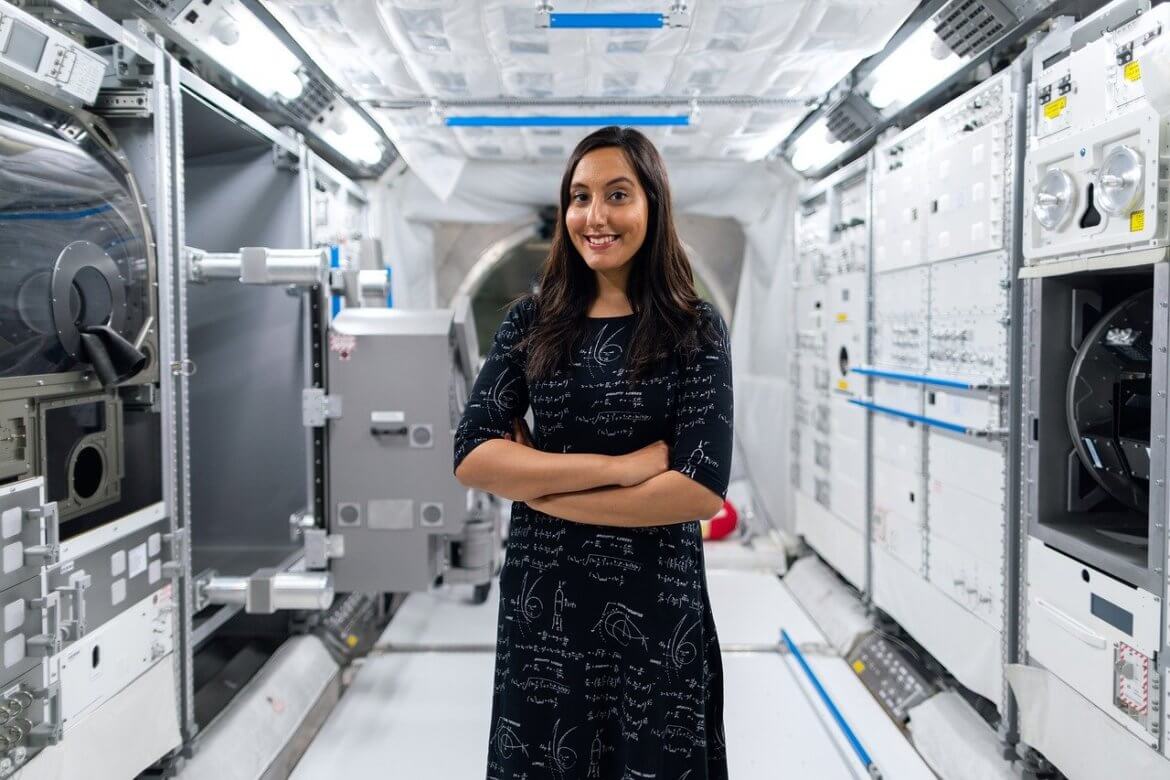As young engineering students, we watched in horror as the Space Shuttle Challenger exploded only a minute after takeoff. The moment felt visceral, a physical shock to the body. Our fellow engineering students were equally speechless and despondent. What had gone wrong?
As future engineers, we had already been taught about the burden of responsibility engineers carry — to keep people safe and protect them. As one professor said, if a doctor makes a mistake, one person may die, but if an engineer makes a mistake, 100s may die.
The memory of the tragic Challenger explosion is in stark contrast to how we felt, 35 years later, watching the recent landing of the Mars 2020 Perseverance Rover. This is an example of an engineering triumph that has taken years of careful planning and strategic innovation to achieve. The Rover is meant to be the eyes and hands of scientists and engineers. Using miniaturized tools, it will analyze hundreds of rock and soil samples on a distant planet. This is a feat we never imagined we would see in our lifetime.
As engineers, we feel proud to achieve this landmark moment in space exploration, yet we are also worried about the future challenges we face back on Earth.
Today we are in the throes of a years-long pandemic. The rapid development of several robust vaccines and the deployment of rRNA technology is a breakthrough achievement for science. Less visible but no less remarkable is the rapid certification and world-scale production of these vaccines — which is an exceptional collaborative accomplishment for process engineers and pharmaceutical production. These two global collaborative efforts are on the verge of helping us overcome the pandemic and will help to ensure people’s safety and a return to normal life.
Another striking contrast to the intricate engineering feat of landing a complex rover on a distant planet is the more real fact that we are still not able to provide clean drinking water to our Indigenous communities in Canada and that many of our past engineering achievements and technological advancements have put a significant strain on the natural functions of our Earth and its ability to sustain future generations.
How do we reconcile these two germane but contrary examples of triumph and tragedy from an engineering perspective?
As engineers, we design and construct new structures, processes and products that influence how people live and how our world, including our natural environment, is transformed. The obligations and responsibilities associated with this activity are significant and require our engineering students, researchers and professionals to be able to reflect critically on the impact their work has on people and how they live, as well as our natural environment and resources.
The United Nations 17 Sustainable Development Goals (SDGs) are our world’s call to action on the most pressing challenges and opportunities facing humanity and our natural world. Recognizing the critical role that engineers play as technology leaders and stewards, our engineering community has an obligation and responsibility to urgently focus our attention on strategic innovations to address them.
To do this, the Engineering Deans across Canada have articulated and adopted a series of six Grand Challenges to help influence the thoughts and actions of engineering education, research and outreach. These Grand Challenges are rooted in the UN SDGs and reflect the most important societal challenges facing Canada and Canadians. Grand Challenges are a delimited set of high-level aspirations that reflect broad, integrative problems of deep societal importance, where solutions are imaginable but the path to a solution is as yet unclear.
These Grand Challenges span in scope from our infrastructure and its vulnerabilities due to climate change, access to affordable and sustainable energy and clean water in all of our communities. They also include the design of sustainable, inclusive and safe cities (close to 80 per cent of Canadians live in cities), sustainable industrialization and a circular economy that aims to decouple the creation of wealth from the consumption of raw material resources.
The final challenge most closely aligns to our mission as engineering educators and involves ensuring our programs are accessible to all students, are representative of the Canadian population, and that we teach our students to become inclusive innovators and leaders.
As Deans, we are energized by this collaborative opportunity. Our hope is that by articulating these challenges, we have issued a call to action in our communities, industry partners and governments to work with us to engage our engineering students on some of the most compelling and important societal issues facing Canada and Canadians.
Photo courtesy of Pixabay




